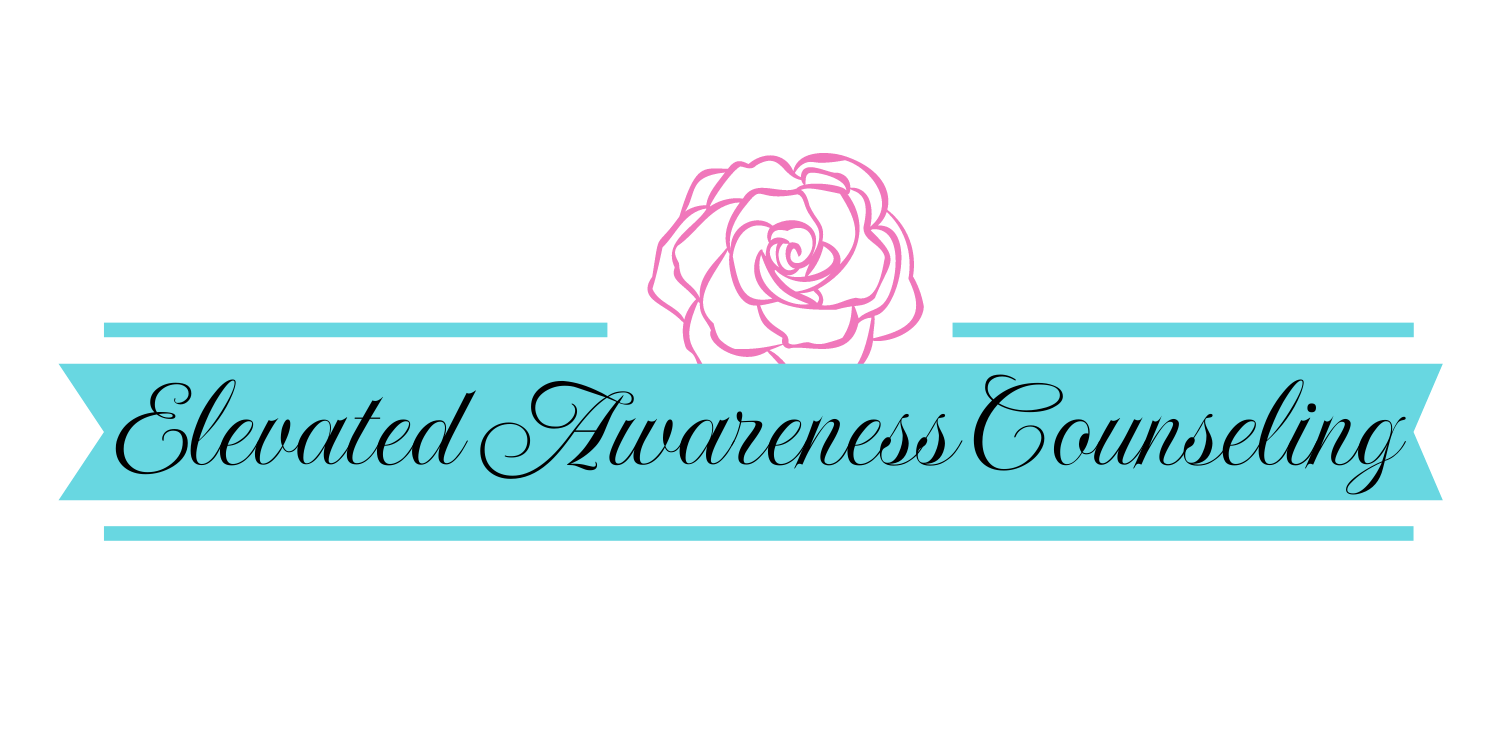
Therapy for non using partners and family members struggling with substance using or alcoholic loved ones in Englewood, Colorado
Regain stability. Renew your sense of self. Find Comfort.
Does your life feel out of control because someone you love has/had an alcohol or substance use problem?
It’s after midnight, you are wide awake and your mind is racing. You know that your loved one is probably ok (whether they are out at a bar, or down in the basement), but the anxiety their drug or alcohol use causes you is telling you differently. It is always on your mind, what you are going to have to do to pick up the slack, help them continue to function to the best of their ability, and eventually find a solution to the problem. You see they are in denial, their life is falling apart and you desperately want to help them. It feels like pointing out a behavior or a consequence of their behavior might help them see
how much damage their addiction causes, or how much this hurts you- and push them to make a change. You want to clearly communicate with them about the problem but they get mad easily, an argument follows and you end up walking on eggshells again. There is no task too small, you try to help them even when it means putting yourself last. The situation has left you feeling exhausted, resentful and unable to trust them. You feel anxious, depressed, angry and unsure of where to turn or what to do next.

What if this happened in the past?
Maybe you grew up with parents who used alcohol or drugs too much and too frequently. You learned from an early age that you couldn’t control your parent’s use, so you started trying to control everything else. You are a master at recognizing when someone is under the influence of substances or alcohol. You felt responsible for making sure the family secret did not get out, and that your siblings were taken care of while they were intoxicated. It was embarrassing to bring friends into the dynamic with your parents so you made excuses to hang out at other places and avoid your parents. Stability was nowhere to be found.
Ultimately, you experienced trauma while they were using. As an adult you find that you are anxious and want to control others. You are trying to understand why emotions feel so overwhelming, and why you are on high alert when things do not go as you planned. You want to learn how to communicate with them or about how their behaviors impacted you, and continue to play a role in your adult relationships. It’s time to explore your experience in order to free yourself to live the life you want to.
Living with a substance or alcohol user changes the way we function. Our work suffers, the kids feel us getting anxious and tense, and the stability that we desire becomes hard to find. It’s easy to get frustrated at the person using and fall back into the same patterns while nothing ever gets better.

Imagine feeling calm
Through work focused on helping you regain control, you can start living a life that feels fulfilling and stable. Your relationships can improve and you can have confidence speaking your truth. The anxiety you feel now will fade as you recognize that in helping yourself, you are helping your loved one. Owning your own power allows you to have your needs met, and help the person you love. Feelings of peace will start flowing more easily as you recognize that you are in the driver’s seat and are not responsible for the substance user’s behavior.
A different outcome is possible
Together, we will analyze the whole picture. Looking at the situation from different perspectives allows us to get a complete picture of what you are experiencing. Through identifying the emotions you experience as it relates to your loved one’s use, we can determine how you want to proceed. We will work to set boundaries that allow for structure and security in your relationship. In our work, we will monitor patterns that occur over and over so that you can have a road map of how to handle it when/if it happens again. Together, we can look at the ways that you have had to change in order to make them more comfortable, and work on defining what will make you feel happy, safe, and secure.

Therapy for non using partners/family members can help you:
Recognize that by reaching out for help yourself, you become better equipped to help your loved one
Embrace your power in your relationship
Identify and establish boundaries that allow you to feel the stability you need
Prioritize your needs
-
YES! Not only are you modeling how to ask for and receive help for your loved one, you are working on yourself and allowing them to see that growth is possible. Therapy is a space for you to take time for yourself, reflect on what has been happening, and come to conclusions about how you want to proceed. It is a framework that will serve you well while helping your partner through their own problems.
-
Therapy will focus on you, and as such, individual therapy is the perfect way to get to the bottom of what has been going on. It is a place where you can feel safe expressing your needs and concerns without your partner in the room.
-
That is great, although definitely not a requirement! It is possible that you have gained some insight from these groups and have a sense of what is going on and underlying much of what you are experiencing. We will build on this and focus solely on you, your loved one, and your experiences.
